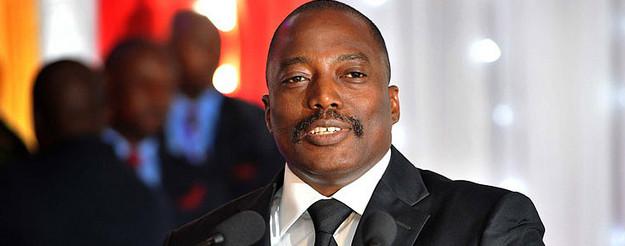Why Chad Isn’t Darfur
Jérí´me Tubiana has published an article under this name in a recent issue of the London Review of Books. It provides a rare, ethnographic, field-based account of the conflict in eastern Chad, including both its links to Darfur and its own unique features.







Perhaps I need to re-read it, but it’s unclear what larger point he’s trying to make here is, except that the situation in eastern Chad isn’t only a result of the conflict in Darfur.
I know that much English-language press speaks of Chad only in terms of Sudan (much as the French press generally spoke of Darfur in terms of Chad until the last couple years), but I don’t know of anyone who seriously argues that Wadai, or other parts of Chad, lack local dynamics that fuel Chadian (and Chado-Libyan at many points) conflicts.
The article is not exactly written in the vein of LRB’s essays, which are very academic in tone. This one strikes me as more journalistic/narrative. It does tell very interesting stories, though. I don’t think, Sean, that the writer was responding to any claim that Chad is merely an extension of Darfur. I think he was countering the argument that Chad’s conflict is a mirror of Darfur’s conflict; that the local dynamics behind the conflict in Chad and Darfur—as distinct as they are—could be reduced to one ethnic group with genocidal tendencies going after another ethnic group.
His point becomes clear when he quotes Nicholas Kristof saying:
“Sudan had previously dispatched fighters to raid both countries [Chad & Central African Republic], so that in the past they were the scene of murders and rapes of people because of their race and tribe, just as in Darfur.”
I will not plunge myself into the argument of the Sudanese government intent, since this is something that has been widely and wildly discussed on this blog. But Kristof’s phrasing is strongly asserting that the above mentioned war crimes were not simply war and scare tactics, but that the Sudanese government has an almost ideological commitment to rape, murder and pillage—that to them it has become an ideology that they’re keen on exporting to other countries! So it is interesting and insightful to listen to Tubiana exploring the complexities of the Chadian conflict from the field, and to see how the Chadian-Sudanese relations (on state level) has influenced the ongoings of the conflict.
More importantly, Tubiana explains why the French humanitarian intervention ultimately contributed next to nil with respect to stabilising Chad or providing protection to IDPs/aid organisations working in Eastern Chad. He also explains how the official French discourse presented the conflict in Dar Sila and Darfur as more or less different manifestations of the same problem, in an attempt to rally public and international support for their intervention plan.
My only problem is that I felt robbed in the end because he did not really discuss why Darfur isn’t Rwanda—unless that was supposed to be implicit in the explanation of why Chad isn’t Darfur. I do feel that the writing was a little disconnected, so perhaps that made it a little confusing.
I suggest reading this article (http://www.newyorker.com/reporting/2009/01/05/090105fa_fact_harr) from the New Yorker on the work of UNHCR and other relief operations in the east of Chad. It’s almost one year old, and it’s more about the stories of humanitarian workers rather than the politics or the actors in the conflicts, but it offers fresh perspective on the security situation in the east of Chad.
Cheers,
Karim